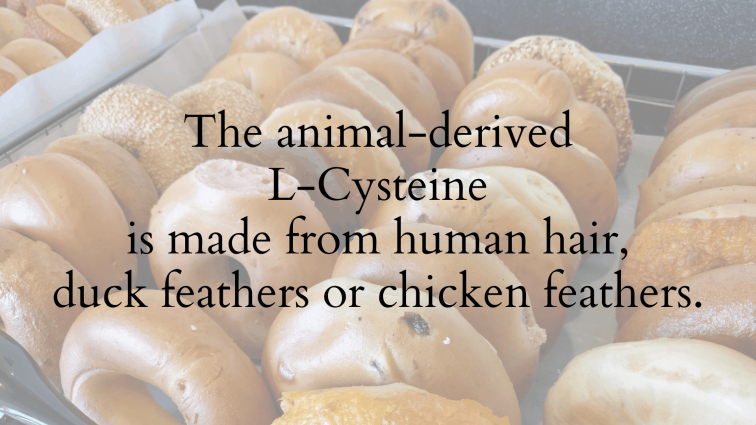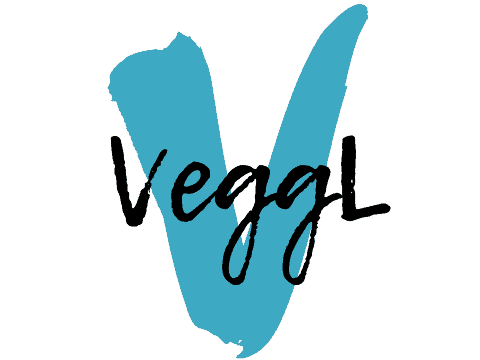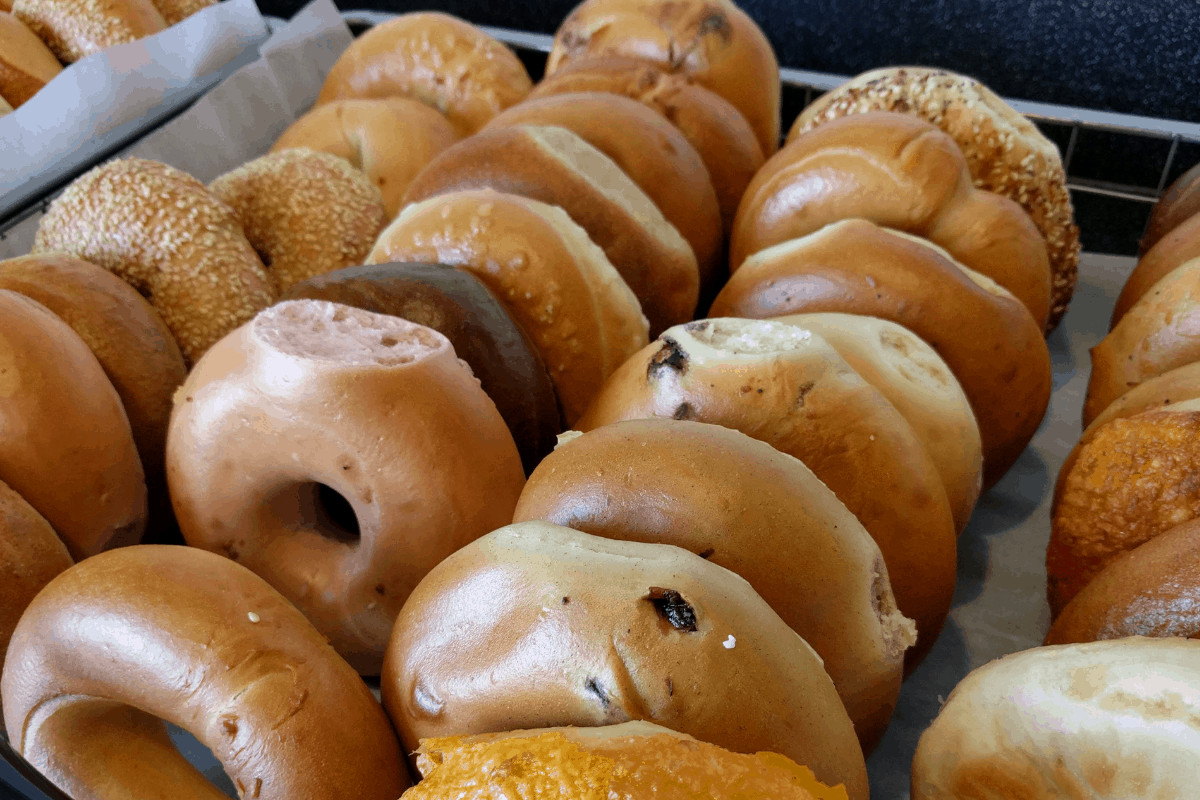When doing our research to provide you with what options are vegan, we do come across ingredients that can be confusing. Some may even make you question why you didn’t pay attention more in Human Phys class.
One of them specifically, is L-Cysteine. Before we even get into if L-Cysteine is vegan, we need to know what it is.
What is L-Cysteine?
The easiest explanation is Cysteine is a non-essential amino acid.
I like to think of amino acids as building blocks in your body with Cysteine being the main protein in nails, hair, skin and is important in collagen production which affects skin structure. You can find much more detailed information online if you want the breakdown of its molecular structure.
We cannot forget to mention our non-human friends’ nails, hair and skin containing Cysteine. A couple of additions that we as humans do not have would be feathers and horns.
What should I look for L-Cysteine in and why is it there?
You will most commonly see L-Cysteine used in commercially made foods, specifically commercially made bread or bagels, in medications, cosmetics and hair care. The L-Cysteine you find in food is most likely there to help preserve or as a flavor component.
In medications, it has a lot of uses when it comes to treating the human body. And I do mean a lot! Remember, it is a non-essential amino acid.
We technically can make this in our body but maybe there are people who can’t or who have ailments/diseases that L-Cysteine can help with.
We’re not doctors but you could ask yours or a pharmacist for more specifics. And within the skin and hair care world, you will find L-Cysteine added as conditioning agents. It has been shown to help rebuild skin, slow aging and help with hair growth.

How to spot items with Animal-Derived L-Cysteine
My biggest advice is to just read ingredient lists. As I mentioned, L-Cysteine seems to be in commercially made bread and bagels most commonly. You can also see it be an ingredient in Dough Conditioner. The animal-derived L-Cysteine is made from human hair, duck feathers or chicken feathers.
It seems that some companies have switched to a synthetic form (hydrochloride monohydrate), after being outed for this a few years ago but unless it says the ingredients list does not contain it or it is certified vegan, it’s a crapshoot.
Please be aware that if a company’s statement on where its L-Cysteine is derived from says, “100% Vegetarian,” that does NOT mean that it does not contain animal components. Hair and feathers are considered vegetarian, just as eggs and dairy are.
More often than not, you need to get a statement directly from the source on where their L-Cysteine comes from. For example, Domino’s dough contains L-Cysteine that is “microbial based”.
However, the process starts with whey from cow’s milk. But, you won’t know that unless you ask. (Or just check our restaurants guides 😉
What vegan foods naturally contain Cysteine?
The foods containing the highest amount of Cysteine are going to be your higher protein foods like, nuts, seeds, soy products, legumes and oatmeal. From my research, it seems other vegetables and grains like carrots, mushrooms, couscous, rice, wheat products (seitan/pasta), brussels sprouts, broccoli, onions and red bell peppers all contain it.
In conclusion,
Wouldn’t it be a wonderful world not to have to look at an ingredients list and then have to decipher what those ingredients are.
If the L-Cysteine or Dough Conditioner does not specifically say it is plant-derived, you can either contact the company’s customer service to ask or not consume that product and just assume it is made with human or duck hair. (gross).
To be safe that your bread, bagels, etc. are free from animal ingredients, we suggest you support your local bakeries or purchase certified vegan products. With local bakeries you can ask specific ingredient questions you may have and with certified vegan, well, we know that’s the safest bet.
Bonus Note: I see a lot of people ask for advice on which vegan collagen they should purchase for help with skin aging. What many people do not realize is, collagen comes from animals. What is available for vegans are collagen boosting products.
I think if you ask the older vegans, who seem to halt time a bit with their aging process, they would tell you to eat an array of grains, vegetables, legumes, nuts and seeds, drink plenty of water, wear sunscreen, do not smoke cigarettes, not much or eliminate alcohol and reduce stress.

